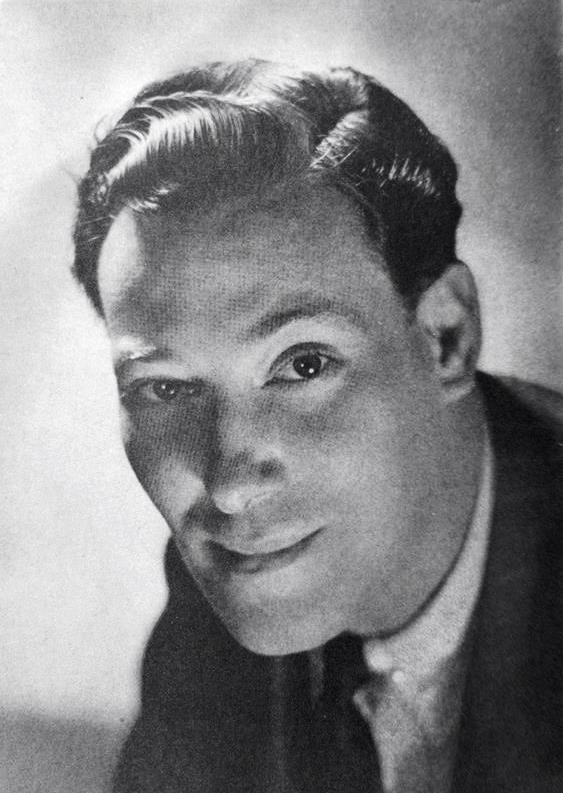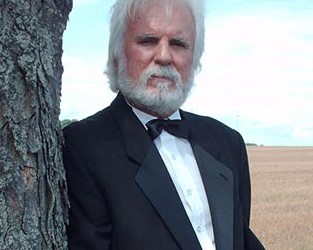The Teachings of Neville Goddard: Understanding the Power of Imagination
Neville Goddard, a prominent figure in the realm of metaphysical thought and personal development, dedicated his life to exploring the connection between imagination, belief, and reality. Though he passed away in 1972, his teachings continue to resonate with many seeking to harness the power of their inner worlds to create meaningful changes in their lives. In this blog post, we will delve into the key principles of Goddard’s teachings and how they can be applied in our daily lives.
Imagination as Creation
At the heart of Neville Goddard’s philosophy is the assertion that imagination is not just a tool for visualizing desires; it is the very essence of creation itself. According to Goddard, every image we conjure can potentially manifest in our reality. He famously stated, “Imagination creates reality,” suggesting that by transforming our imagination, we can alter our external circumstances.
Goddard emphasized the importance of engaging the imagination in a vivid and immersive manner. He encouraged his followers to envision their desires as already fulfilled, to feel the emotions associated with the achievement of their dreams. This technique, which he called “living in the end,” helps to align one’s consciousness with the desired outcome, paving the way for its manifestation in the physical world.

The Power of Belief
Belief plays a crucial role in Goddard’s teachings. He posited that what we believe shapes our reality, and adopting a belief that reflects our desired state is essential for manifestation. Goddard suggested an exercise called “revision,” which involves reimagining past events in a way that aligns with your aspirations, thereby changing both emotional content and belief surrounding those experiences.
Goddard believed that the subconscious mind is a powerful ally in this process. By persistently affirming a new belief system, one can overwrite limiting beliefs that often hinder personal growth. This aligns with the notion that belief is not merely a passive state but an active force capable of transforming one’s destiny.

The Law of Assumption
One of the cornerstone concepts of Goddard’s philosophy is the Law of Assumption. This principle posits that by assuming we are already the person we wish to be and that our desires have already manifested, we can shift our reality accordingly. This powerful mental exercise requires a deep sense of conviction and clarity about what we want.
To practice the Law of Assumption, individuals should focus on their desires as though they are present and real. By embodying this state of being—acting, thinking, and feeling as if those desires are already actualized—they create a magnetic pull toward the fulfillment of their goals.
The Role of Feeling
Goddard strongly emphasized the significance of feeling in the manifestation process. He argued that emotions serve as the bridge between our desires and their manifestation. When we engage deeply with positive feelings associated with our goals, we signal to the universe that we are ready to receive them.
To harness this potent energy, Goddard recommended techniques like visualization and meditation as means of cultivating the necessary emotional state. By immersing ourselves in the joy, excitement, and gratitude that comes with achieving our desires, we enhance our ability to attract those very experiences.

Conclusion
Neville Goddard’s teachings offer a profound framework for those looking to explore the depths of their imagination and its ability to shape reality. By understanding the interplay of imagination, belief, and feeling, individuals can effectively work towards their aspirations and unlock their potential. Goddard’s insightful principles remind us that we are not merely passive observers of our lives; we are the architects of our destinies, armed with the incredible power of our minds. As we navigate the complexities of our experiences, integrating the teachings of Neville Goddard into our daily routines may provide the wisdom needed to manifest the lives we truly desire.

Grant Rayner